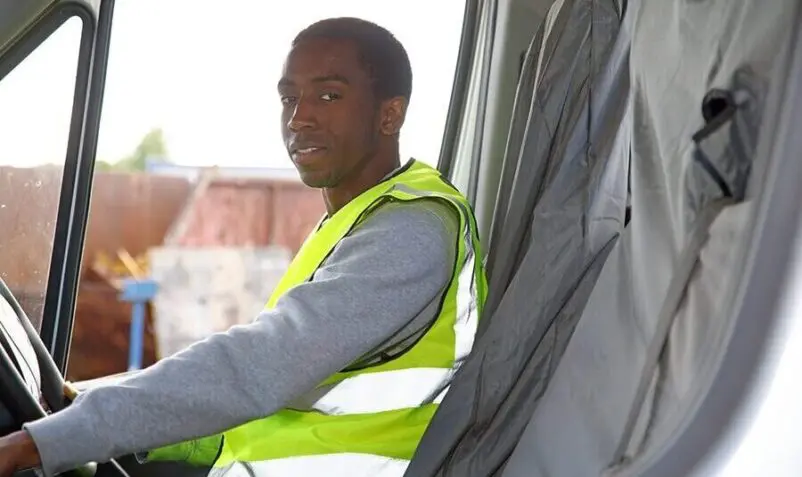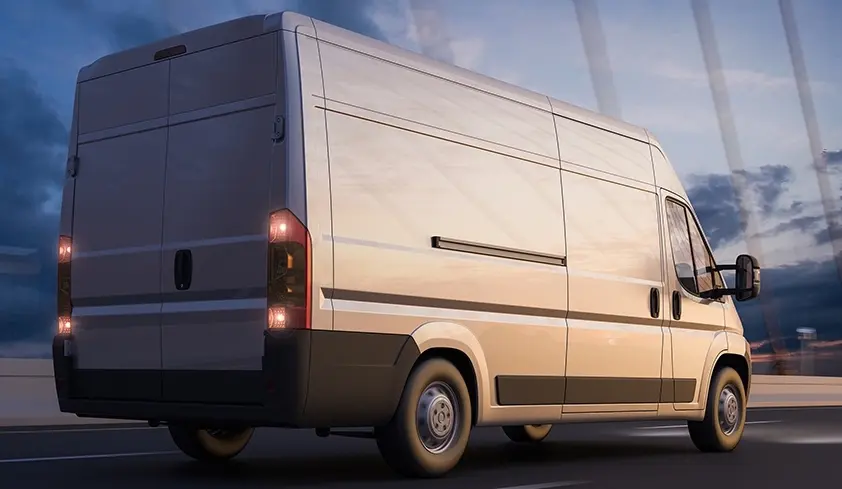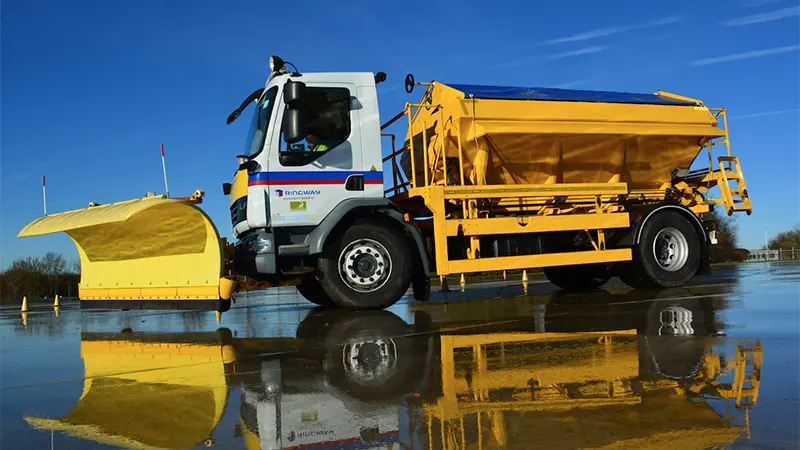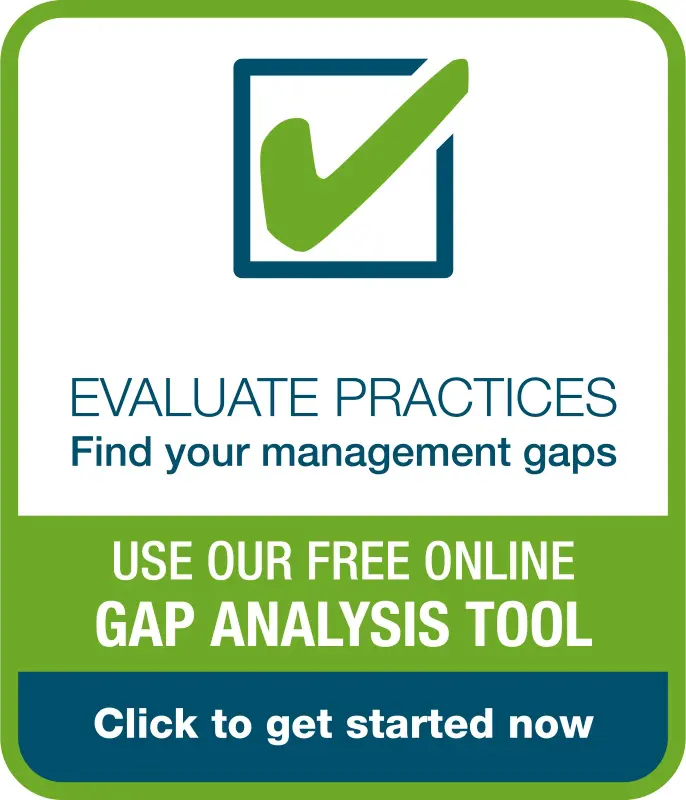
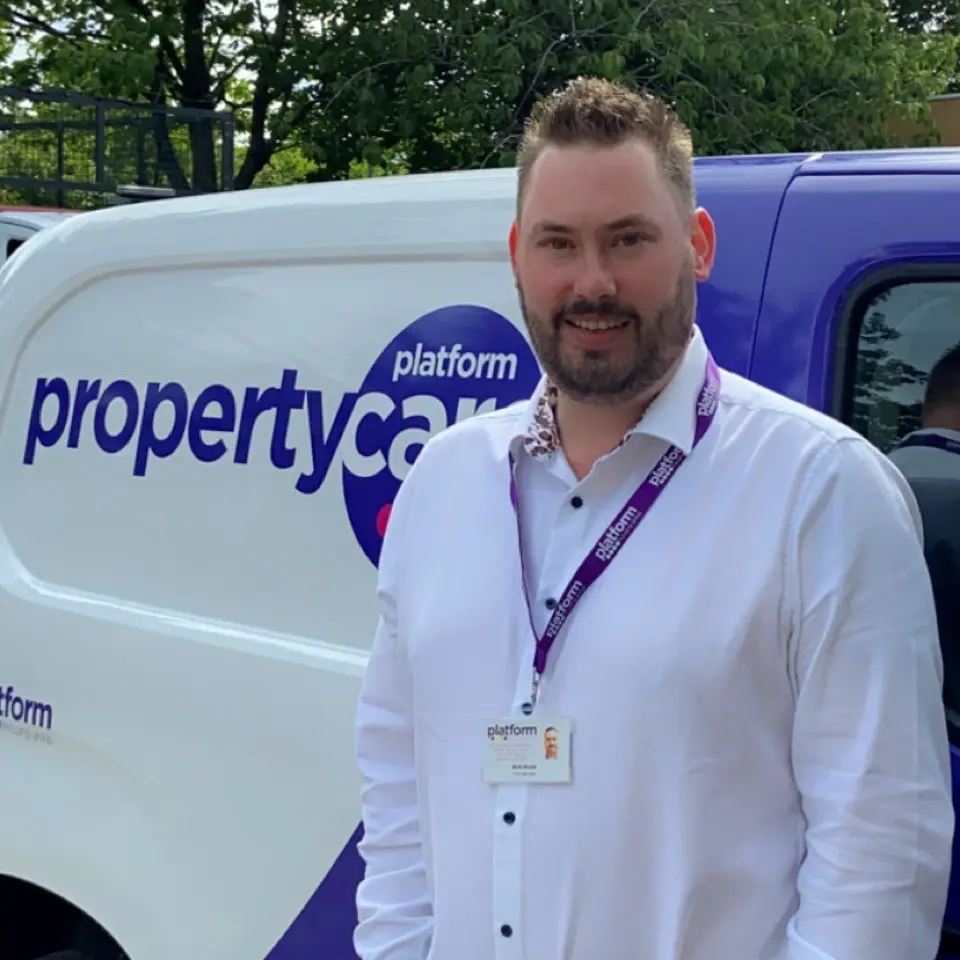
Fleet Size
LCVs: 500
Platform Housing Group has 47,000 social housing properties. Its subsidiary, Platform Housing Ltd runs 500 LCVs to allow employed tradespeople to maintain these properties.
Summary of Achievements
Net Savings
OVER £1m
projected annually
Dangerous Driving
DOWN 50%
Fuel Use
DOWN 8.4%
CO2 Saved
1413 TONNES
Demonstrating leadership in driver safety
“When our operatives are behind the wheel, they are drivers, not engineers or carpenters or electricians. They have to think of themselves as drivers first and foremost. And we need to make sure they are professional, safe and compliant drivers.”
Matthew Neale, Group Fleet Manager, Platform Housing Ltd
More details
Supported by DfBB Partners

Platform Housing Group has 47,000 social housing properties. Its subsidiary, Platform Housing Ltd runs 500 LCVs to allow employed tradespeople to maintain these properties.
“When our operatives are behind the wheel, they are drivers, not engineers or carpenters or electricians. They have to think of themselves as drivers first and foremost. And we need to make sure they are professional, safe and compliant drivers.”
Matthew Neale, Group Fleet Manager, Platform Housing Ltd
Taking Charge
Group Fleet Manager Matt Neale is responsible for the 500 light commercial vehicles used by another of Platform HG’s subsidiaries which services tenanted properties. Although all of Platform HG’s workforce is united by their overall status as part of the Platform HG charity, technically Matt and his driver workforce are employed by separate companies.
He also has to co-manage the workforce, whose direct line management is concerned with the core activity of maintaining properties, while Matt’s concern is the safe and reliable operation of the fleet.
The need to extend standard compliance protocols throughout the fleet is compounded by the fact that Platform HG was formed in 2018 and is a merger of two different housing associations. Therefore, historically the workforce has varied training and experience when it comes to fleet safety.
Matt, who joined the organisation last September, has been working hard to bring everyone onto the same safety page. A member of the Association for Fleet Professionals, he is effectively the first qualified fleet manager the organisation has ever had.
He has unrolled an ambitious programme of governance and improvement over the past six months and currently has 24 ongoing projects.
Some of the initial projects included:
- Asset identification – vans were dispersed and some effectively abandoned
- Selling all owned stock so the whole fleet would be modern and leased
- Introducing FleetCheck Fleet Management System
- Taking on FMG Accident management
- Trialling driver behaviour app Lightfoot
- Employing Fleet Check to do mandatory checks of all driving licences
- Setting up a task force, with a driver user group
- Implementing weekly vehicle checks with images
- Reliverying with speed limit and cyclist stickers
- Organising a driver app for compliance and a driver manual
- Toolbox talks
- Policy discouraging mobile phone use
Lightfoot driver behaviour management
Matt has supported the investment in a new driver training programme with Lightfoot. The app gives drivers real time coaching and alerts as they drive, as well as giving them feedback at the end of the day. It coaches them to work on areas for improvement, and challenges them to maintain strong performance.
“This is more effective for us than using driver trainers,” says Matt.
The company has conducted a successful trial with Lightfoot, which suggests the financial savings will be substantial.
“Their ethos is to make your drivers ‘elite’ which means they score 85% or above. They then they reward drivers for driving well, which has a positive impact on our business,” he says.
Matt has pushed the Lightfoot implementation on quickly so that he can use the data in renewal negotiations.
“We have fewer claims and run a safer fleet and as the product was insurance endorsed, I’m expecting a positive conversation for next year’s renewal,” he says.
Lightfoot offers:
- Driver behaviour tool
- Telematics
- EV compatibility
- Weekly in-app prizes for compliant driving or improvement
- Effective coaching without removing drivers from the road for specific courses
- Vehicle diagnostics to allow proactive maintenance
- Full management visibility of driving behaviour
Collision management
Like many companies who embark on proper fleet governance for the first time, Matt is suffering from rising incidence figures as he insists on every knock being logged. However, once he has a correct baseline, he will also be able to properly chart the reductions which will come from his safety initiatives.
Matt has engaged FMG Accident Management to handle all aspects of collision incidents. This gives him an excellent audit trail, rapid first notification of loss, and much higher uninsured loss recovery than the company previously saw.
Every time a third-party vehicle is responsible for uninsured damage to a Platform Housing Group vehicle, it incurs hire costs, or a driver is injured and therefore misses work, those costs are pursued. FMG has a 98% success rate so far and this makes a big difference to Matt’s bottom line.
“Our previous supplier did not manage this well, and switching to a market-leading company has made a big difference,” he says. “Using the right people for the right jobs is very important.”
Consequences matter
As Matt only took over in September 2021, and has only had workable data since November, there is still a lot of education and solution-finding to be done throughout the business. He has therefore created a ‘Fleet Safety Task Force’, which brings together representatives from different parts of the business to see how best the company can drive down its incident rate.
This will also be helpful in ensuring that managers throughout the business understand the implications of even minor collisions. In the past they have pushed insurance claims through for minor damage such as wing mirrors, without realising the heavy penalties the company pays.
“We have a lot of wing mirror damage. Our excess is £250 and a wing mirror costs £370. So managers can and have put those through as minor claims, but it leaves us as an organisation facing very heavy excess damage charges at the end of the insurance period. And those charges have not previously impacted the relevant department’s budgets or been communicated to them,” he says.
“Once people see the end results of even minor claims, they will be motivated to find solutions to reduce the number of incidents.”
One solution is for these claims to be self-insured and charged back to the relevant departments. “If there is no consequence to people’s budgets, or to the drivers themselves, it will be difficult to implement corrective change,” he says.
Although the cost of minor incidents becomes pressing for the organisation, there is also a much stronger road safety implication, because the more minor incidents there are, the more likely it is that fleets will experience a major collision.
Matt feels that asking drivers to take responsibility for their actions is key to having a conscientious and compliant fleet.
Consequences of risky behaviour are, after all, very real for drivers. Not only might they be injured or injure another, but if they lose their licence for persistent breaches then they can lose their job.
Although Lightfoot will help drivers improve on the open road, Matt feels the issue of minor damage needs more. He is considering adding connected dashcams to his vehicles to support in the mitigation of future claims.
Business benefits
Matt implemented an 8-week trial programme with Lightfoot to improve driver behaviour. Real business benefits from this trial included:
- 8.4% decrease in fuel used
- Average MPG increased from 32.4 to 35.1
- 75% improvement across a range of driver behaviours
- 50% reduction in dangerous driving
- 84% of drivers achieving ‘elite’ standard
- 1,413 tonnes of CO2 saved
Collectively these benefits add up to a projected saving of more than £1m annually.
FORS
Matt has signed up for FORS as a way of improving protocols and professional standards. He says this supports the company in concentrating on the correct areas of education for drivers and their responsibilities.
EVs
The first 40 electric vehicles will join the fleet later this year and early adopters will get specific training during the detailed handover process. It is important to educate the drivers that electric vans are automatic, and more responsive to both brake and accelerator.
Collaboration
Matt is passionate about the fleet industry, and that of the housing, charitable sector. He regularly speaks to his peers at fellow housing associations, and as such he would very much welcome individuals who maybe require some additional support to assist in the improvement of their fleets. Matt’s fleet team falls within Group Procurement, which ultimately sits under the Finance Directorate. This ensures that he can offer the right level of consultative support.
Matt’s efforts have rightly been recognised – he won the Financial Fleet Superstar award at the Great British Fleet Awards 2022


